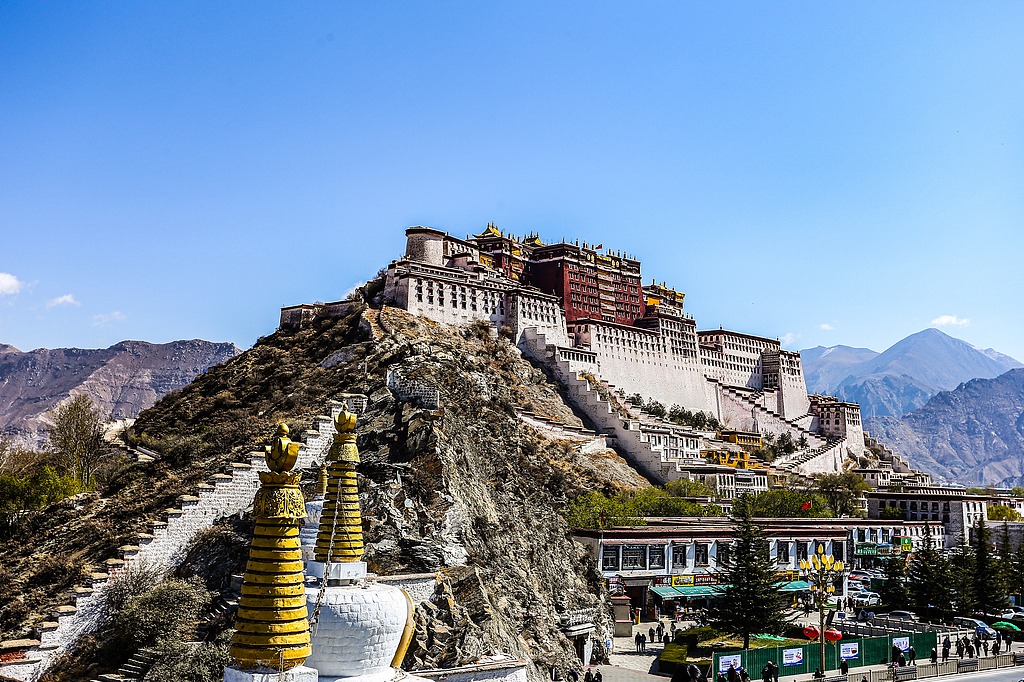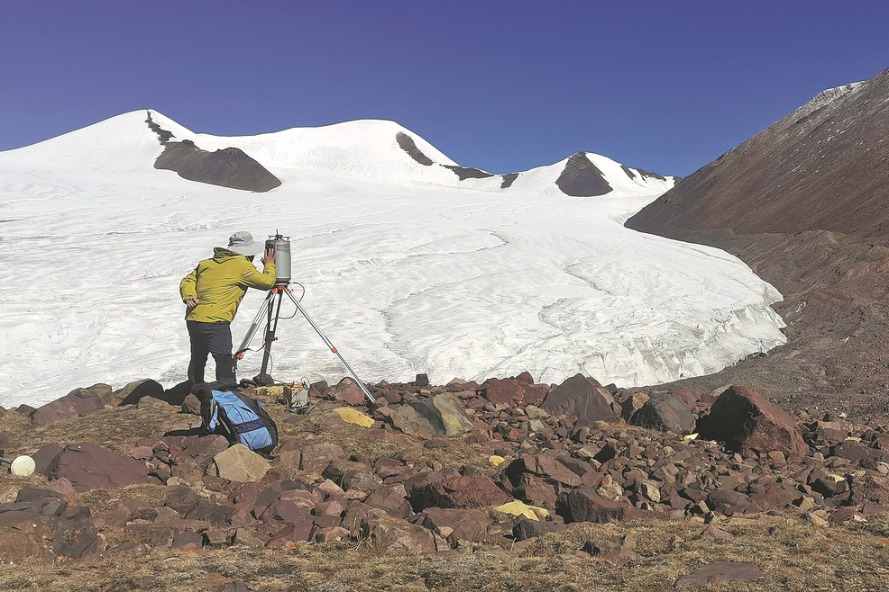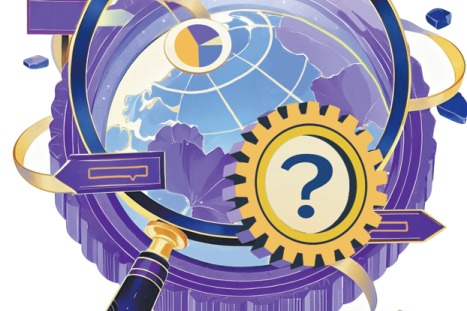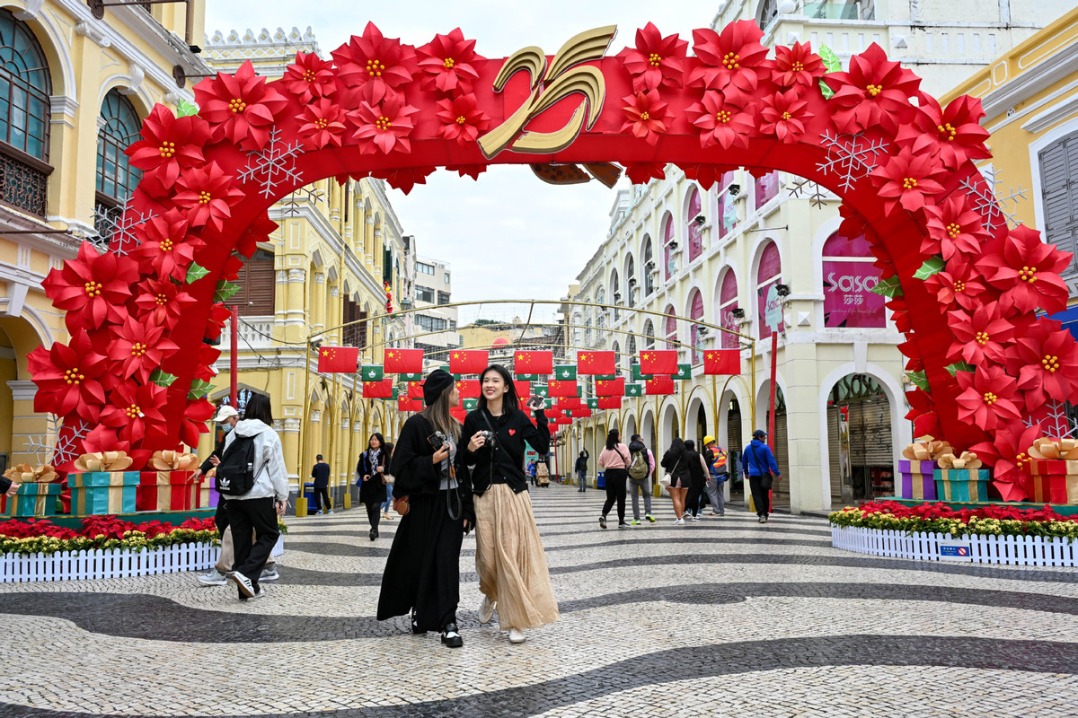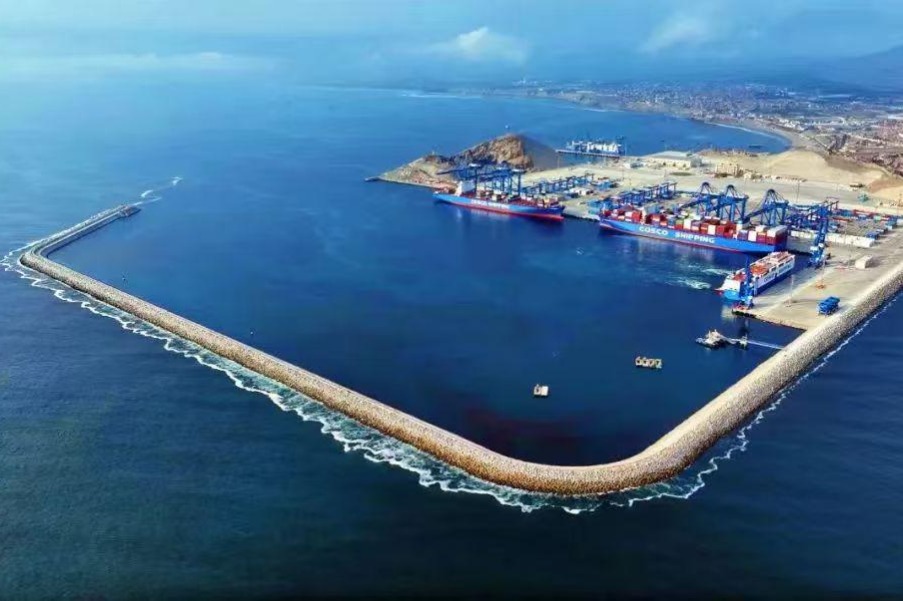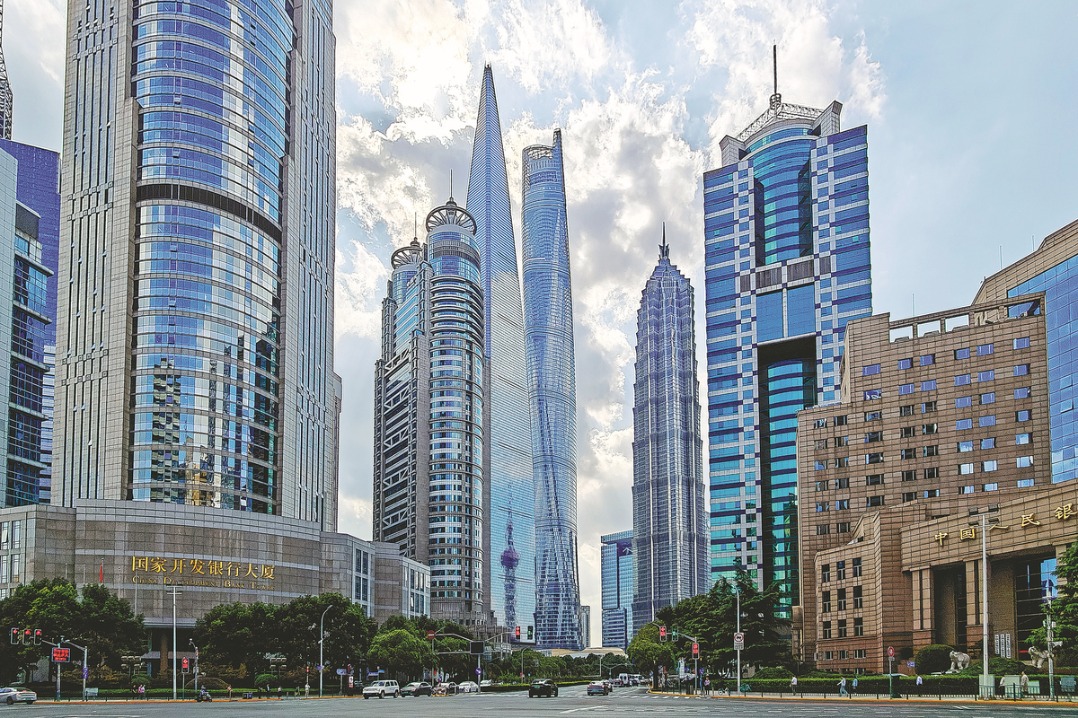An ordinary day in Peru's Chancay

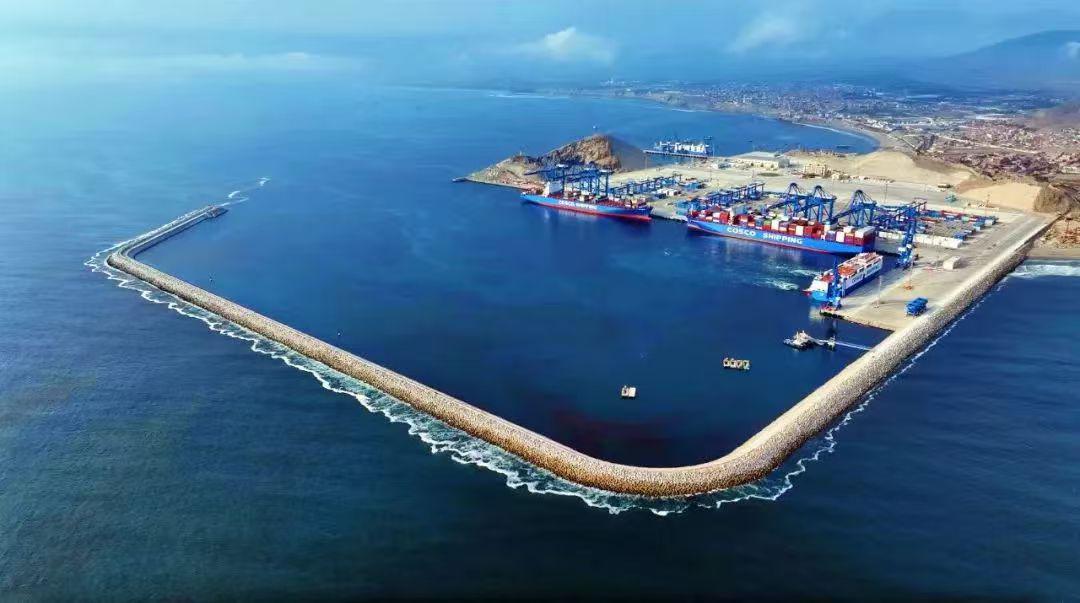
At the crack of dawn, a seal bobbed his head above water with glistening whiskers. Waddling toward the sandy beach, the beady-eyed little guy suddenly stopped and goggled at a huge machine that stood against the predawn sky.
Welcome to Chancay Port.
"Look at the seal!" shouted a construction worker, who immediately called his colleague at the animal rescue services. A local biologist was sent to the port right away. Found unhurt, the little creature was signaled to turn around and return home. Flanked by the biologist and workers swiftly splashing water to keep his fur moist, the seal went back to the ocean safe and sound.
Mi casa es su casa
This was just an ordinary day for Liu Zhe and his colleagues, who had traveled across the Pacific from China to build the Chancay Port in Peru, the third largest country in South America. Cute neighbors, like the little seal, often came to visit them after the project broke ground. As they went about the construction work in the daytime, some seals would stretch themselves out on their stomach some yards away, and a pelican or two would preen their feathers with crimson beaks on the L-shaped thousand-meter-long breakwater of the port.
Liu snapped his wild neighbors at the port and sent the pictures to his family back in China.
"Wow, lots and lots of animals! Papa, are you in a zoo?" asked Liu's five-year-old son in a video call.
"No, son. This is the port where I'm working," Liu replied with a peal of laughter. "It's their home. We're neighbors."
Along the coast, whales and dolphins would also splash around at times, sending out silver sprays shining like stars. But several years ago, it was another story.
Su casa es mi casa
When Liu and his colleagues first arrived in Peru, they did not know what was waiting. The steep coast of Chancay, though ideal for a deep-water port, had made the area vulnerable to periodic surging waves. It was thus very difficult for seals and other animals to make their way to the sandy beach even at full tilt. For Liu and his colleagues, to build a port there was no easy task either. Yet an even trickier challenge was to preserve the animals' habitat in the meantime.
With wildlife protection at the top of their mind, Liu and his colleagues spared no effort in applying the most eco-friendly technologies. To name a few: a smart pile driving platform was used to ease the pollution of upwelling, the input of non-structural steel was cut down, the noise and dust from port equipment were kept in check and wastewater was recycled. Thanks to these efforts, the timescale for the entire project was halved and water wastage slashed by over 25 percent.
More than that, they got local biologists and environmentalists on board to offer animal rescue services. Third-party institutions were also invited to monitor water quality, noise levels and bird populations in the wetland nearby.
"I just feel strongly that one's work can mean a lot, and social responsibility is no doubt part and parcel of it," said Liu's colleague after waving goodbye to the little seal. All these years, they have collaborated closely with the local government and communities to prevent oil spills, clean up garbage patches and save birds and marine lives. They also held public campaigns for environmental protection and invited locals to pitch in. They take great pride in what they do for the environment.
Latin America, home to the world's largest tract of tropical rainforest with one in ten known species living there, needs to protect its wildlife more urgently than ever. This is just a short episode in the story of Liu and his colleagues in Chancay, but behind each animal lies a story they will never forget, a story of how man and nature can live in harmony for the betterment of both.
All good things come to an end—or do they? Soon came the day when the Chancay Port was officially launched into operation as a promising trade hub between South America and Asia. Liu knew it was time to bid farewell to his lovely neighbors and set off for the next project, but his effort to go green and eco-friendly would never end.
Xin Ping is a commentator on international affairs, writing regularly for Xinhua News Agency, Global Times, China Daily, CGTN etc. He can be reached at xinping604@gmail.com. The views don't necessarily represent those of China Daily.
If you have a specific expertise, or would like to share your thought about our stories, then send us your writings at opinion@chinadaily.com.cn, and comment@chinadaily.com.cn.
















